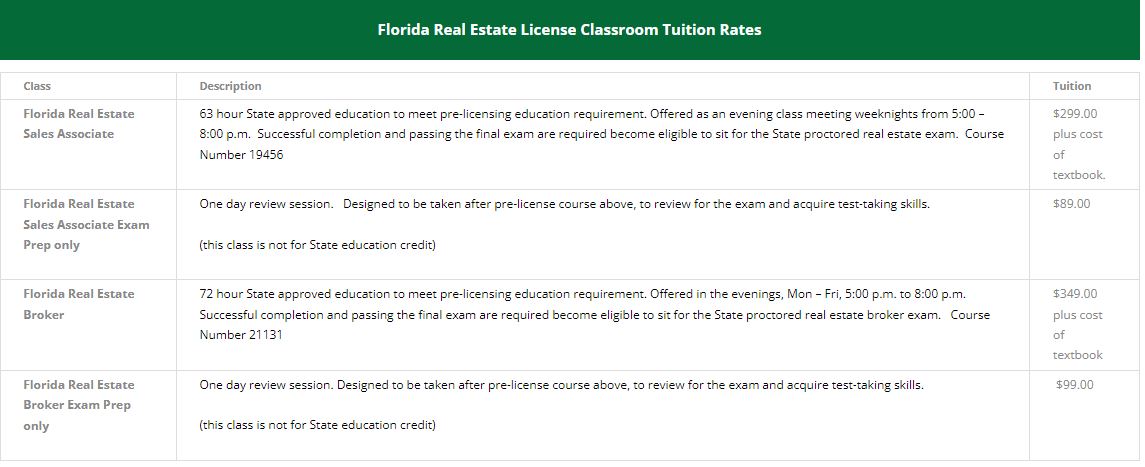
An escrow agency is a neutral party that holds money and assets on behalf of the various parties to a transaction. State regulation regulates escrow agents and they have a fiduciary requirement to act only according to mutually agreed-upon instructions.
Getting Started
As part of the home buying process, you or your real estate agent will deposit earnest money into an escrow account until the terms of your purchase agreement are met. This amount is meant to protect the seller from a buyer who isn't serious about the deal, and it ensures that your property taxes and insurance will be paid in a timely manner.
Your Rights and Responsibilities
As a depositor or beneficiary, you have a legal right to a full accounting of the escrow agent's management of your escrow property. This means that the escrow agency must provide you with a receipt as well as a copy or your escrow contract. They also have to keep accurate records.

You may also be entitled to a court order requiring that the escrow agent release your escrow property to you or your beneficiaries, which could result in money damages. If the escrow agent fails in this, you can request the information in court.
Entering Escrow
Your lender and you will both work with an escrow representative during the home buying process. The escrow office will track the funds of your lender, pay the real estate agent involved in the transaction and submit documents to recorder's for finalization of the transfer.
The Right to Buy Escrow Services
The majority of escrow services are included with your loan estimate. So you can choose the escrow agent that is best for you. Ask your lender for a fee estimate and speak to an agent to learn more about your options.
Your legal obligations must be met by your Escrow Agent
An escrow agent has a fiduciary duty to both the buyer and the seller, and must act only on their mutually agreed-upon instructions. This is an enormous responsibility. Be aware that it can be difficult and complex to fulfill the duties of an escrow agency.

Definition of Escrow Company
An escrow company can be described as a type title firm that acts as a broker between buyers and sellers in real-estate transactions. These companies may hold your deed to a home in escrow until the closing date, or they may act as a clearinghouse for paying taxes and other bills on your behalf.
Each escrow company that you choose will have its own rules and regulations. Before agreeing to work together, make sure to carefully read these. It is important to find an escrow company committed to providing outstanding service to both you and other home buyers.
FAQ
How much does it cost for windows to be replaced?
Window replacement costs range from $1,500 to $3,000 per window. The cost of replacing all your windows will vary depending upon the size, style and manufacturer of windows.
How can I get rid Termites & Other Pests?
Over time, termites and other pests can take over your home. They can cause serious damage to wood structures like decks or furniture. This can be prevented by having a professional pest controller inspect your home.
Is it possible to get a second mortgage?
Yes. However it is best to seek the advice of a professional to determine if you should apply. A second mortgage can be used to consolidate debts or for home improvements.
What are some of the disadvantages of a fixed mortgage rate?
Fixed-rate mortgages tend to have higher initial costs than adjustable rate mortgages. You may also lose a lot if your house is sold before the term ends.
Can I buy a house in my own money?
Yes! There are programs available that allow people who don't have large amounts of cash to purchase a home. These programs include conventional mortgages, VA loans, USDA loans and government-backed loans (FHA), VA loan, USDA loans, as well as conventional loans. Check out our website for additional information.
What is a Reverse Mortgage?
Reverse mortgages allow you to borrow money without having to place any equity in your property. It works by allowing you to draw down funds from your home equity while still living there. There are two types available: FHA (government-insured) and conventional. Conventional reverse mortgages require you to repay the loan amount plus an origination charge. FHA insurance covers the repayment.
Statistics
- Over the past year, mortgage rates have hovered between 3.9 and 4.5 percent—a less significant increase. (fortunebuilders.com)
- This seems to be a more popular trend as the U.S. Census Bureau reports the homeownership rate was around 65% last year. (fortunebuilders.com)
- The FHA sets its desirable debt-to-income ratio at 43%. (fortunebuilders.com)
- Based on your credit scores and other financial details, your lender offers you a 3.5% interest rate on loan. (investopedia.com)
- 10 years ago, homeownership was nearly 70%. (fortunebuilders.com)
External Links
How To
How to Manage a Rent Property
Although renting your home is a great way of making extra money, there are many things you should consider before you make a decision. We'll show you what to consider when deciding whether to rent your home and give you tips on managing a rental property.
This is the place to start if you are thinking about renting out your home.
-
What factors should I first consider? Take a look at your financial situation before you decide whether you want to rent your house. If you have debts, such as credit card bills or mortgage payments, you may not be able to afford to pay someone else to live in your home while you're away. You should also check your budget - if you don't have enough money to cover your monthly expenses (rent, utilities, insurance, etc. You might find it not worth it.
-
What is the cost of renting my house? The cost of renting your home depends on many factors. These include factors such as location, size, condition, and season. You should remember that prices are subject to change depending on where they live. Therefore, you won't get the same rate for every place. The average market price for renting a one-bedroom flat in London is PS1,400 per month, according to Rightmove. This would translate into a total of PS2,800 per calendar year if you rented your entire home. While this isn't bad, if only you wanted to rent out a small portion of your house, you could make much more.
-
Is it worth it? There are always risks when you do something new. However, it can bring in additional income. It is important to understand your rights and responsibilities before signing anything. You will need to pay maintenance costs, make repairs, and maintain the home. Renting your house is not just about spending more time with your family. Before signing up, be sure to carefully consider these factors.
-
Are there benefits? Now that you have an idea of the cost to rent your home, and are confident it is worth it, it is time to consider the benefits. There are plenty of reasons to rent out your home: you could use the money to pay off debt, invest in a holiday, save for a rainy day, or simply enjoy having a break from your everyday life. It's more fun than working every day, regardless of what you choose. Renting could be a full-time career if you plan properly.
-
How do I find tenants? Once you've made the decision that you want your property to be rented out, you must advertise it correctly. Make sure to list your property online via websites such as Rightmove. After potential tenants have contacted you, arrange an interview. This will help you assess their suitability and ensure they're financially stable enough to move into your home.
-
How can I make sure I'm covered? You should make sure your home is fully insured against theft, fire, and damage. In order to protect your home, you will need to either insure it through your landlord or directly with an insured. Your landlord will often require you to add them to your policy as an additional insured. This means that they'll pay for damages to your property while you're not there. If you are not registered with UK insurers or if your landlord lives abroad, however, this does not apply. In such cases you will need a registration with an international insurance.
-
You might feel like you can't afford to spend all day looking for tenants, especially if you work outside the home. You must put your best foot forward when advertising property. You should create a professional-looking website and post ads online, including in local newspapers and magazines. You'll also need to prepare a thorough application form and provide references. While some people prefer to handle everything themselves, others hire agents who can take care of most of the legwork. You'll need to be ready to answer questions during interviews.
-
What should I do after I have found my tenant? If you have a current lease in place you'll need inform your tenant about changes, such moving dates. You can negotiate details such as the deposit and length of stay. Keep in mind that you will still be responsible for paying utilities and other costs once your tenancy ends.
-
How do I collect rent? When it comes to collecting the rent, you will need to confirm that the tenant has made their payments. If your tenant has not paid, you will need to remind them. After sending them a final statement, you can deduct any outstanding rent payments. If you are having difficulty finding your tenant, you can always contact the police. They won't normally evict someone unless there's been a breach of contract, but they can issue a warrant if necessary.
-
What are the best ways to avoid problems? You can rent your home out for a good income, but you need to ensure that you are safe. You should install smoke alarms and carbon Monoxide detectors. Security cameras are also a good idea. It is important to check that your neighbors allow you leave your property unlocked at nights and that you have sufficient insurance. Finally, you should never let strangers into your house, even if they say they're moving in next door.